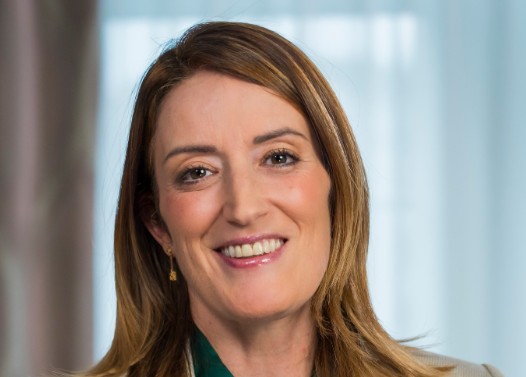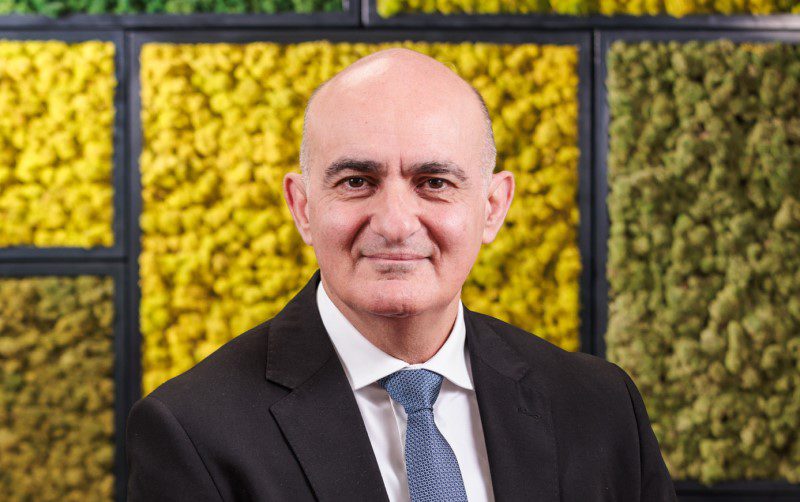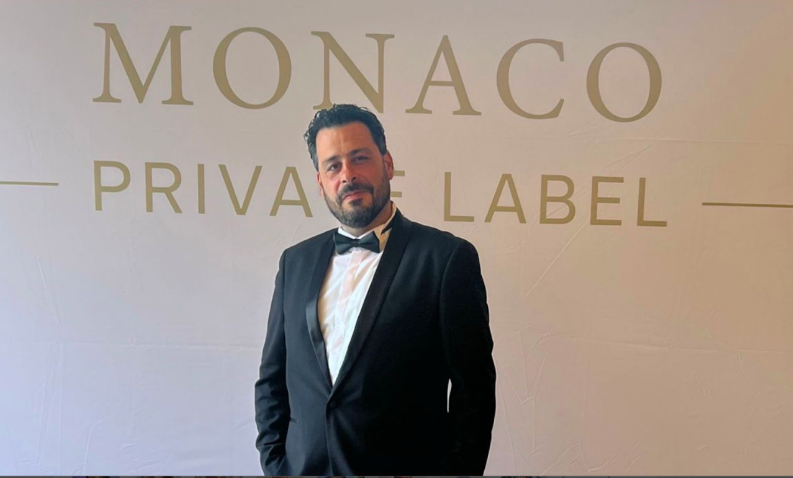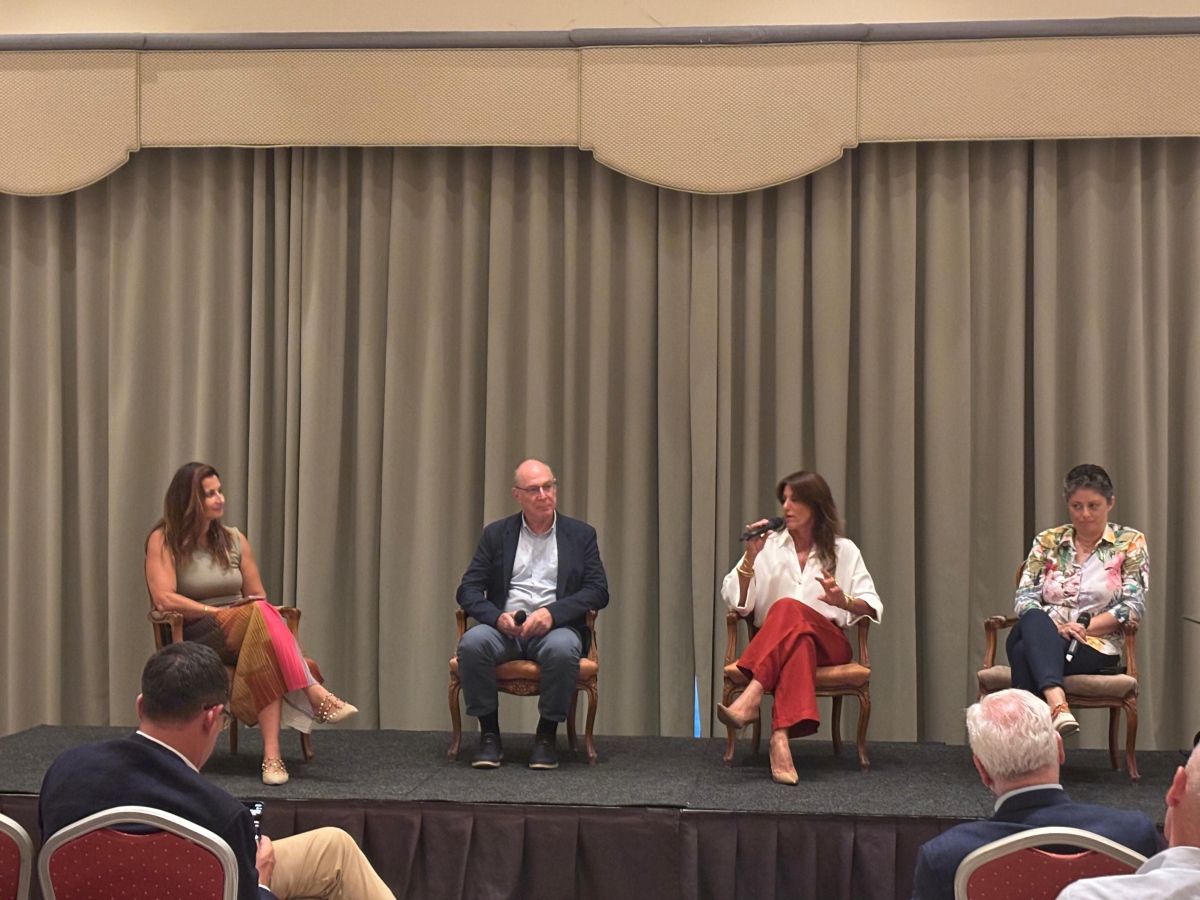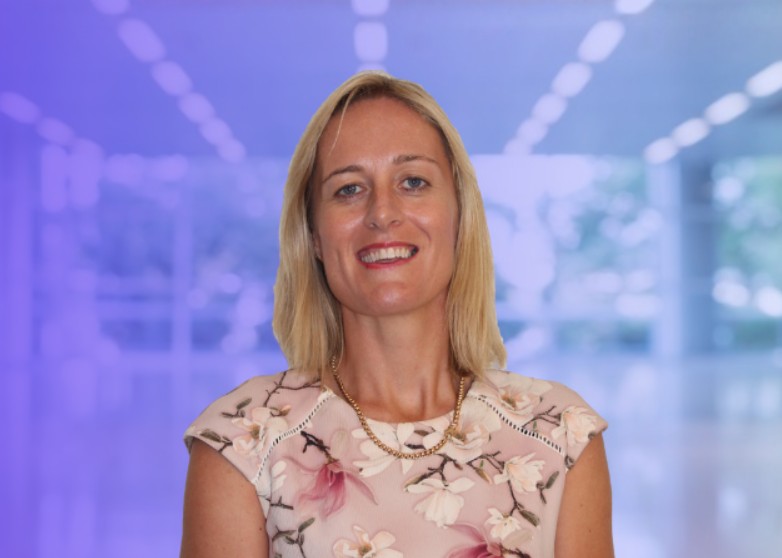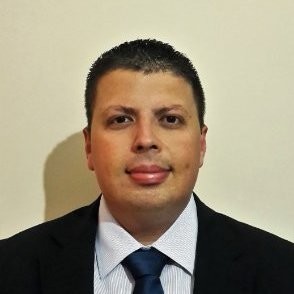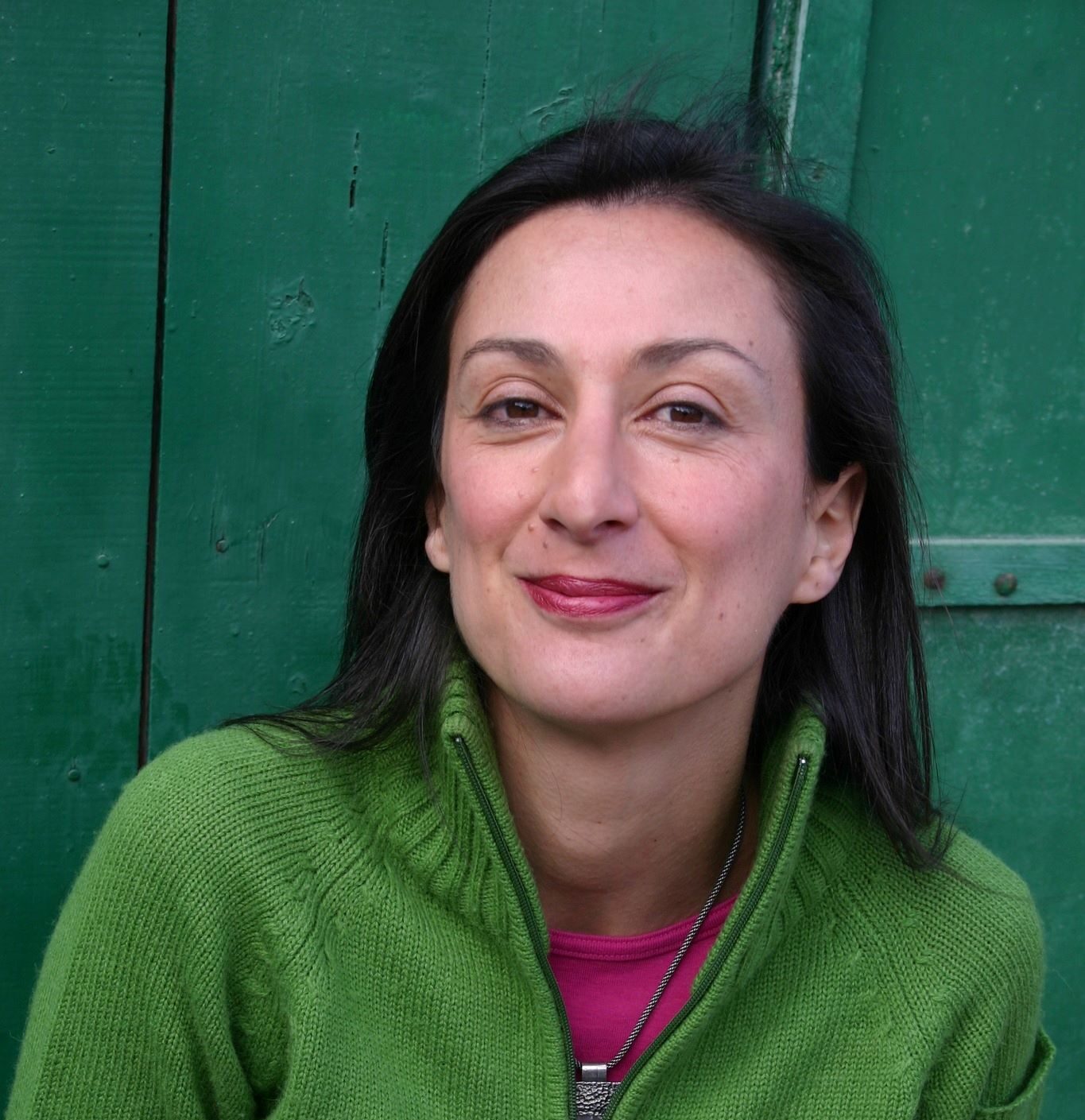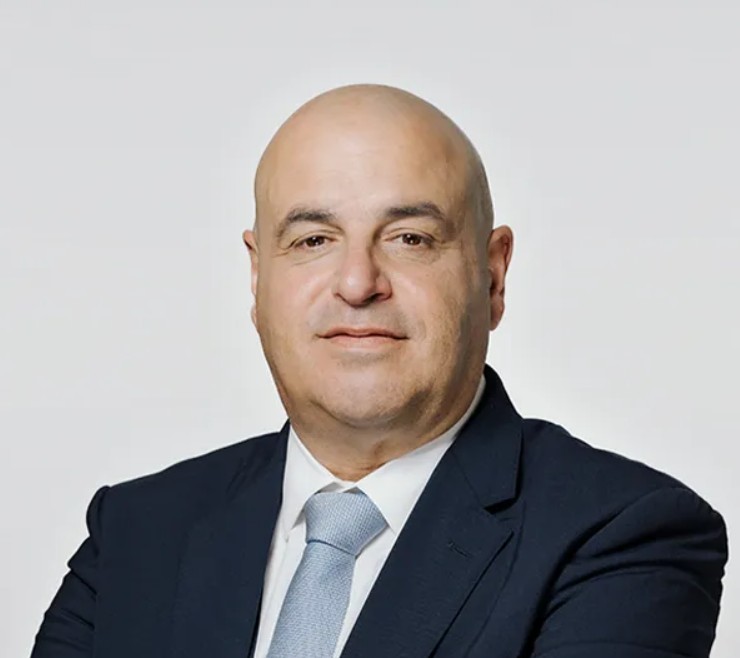European Parliament President Roberta Metsola has described financial literacy as “central to human dignity,” highlighting the need for people to “understand how things work and have the ability to make informed decisions.”
The first step, she said, is “giving people the tools they need to manage their money, to save and to invest with confidence.”
The Maltese MEP made the comments in a virtual address to the JA Malta Financial Capability Conference on Wednesday (yesterday).
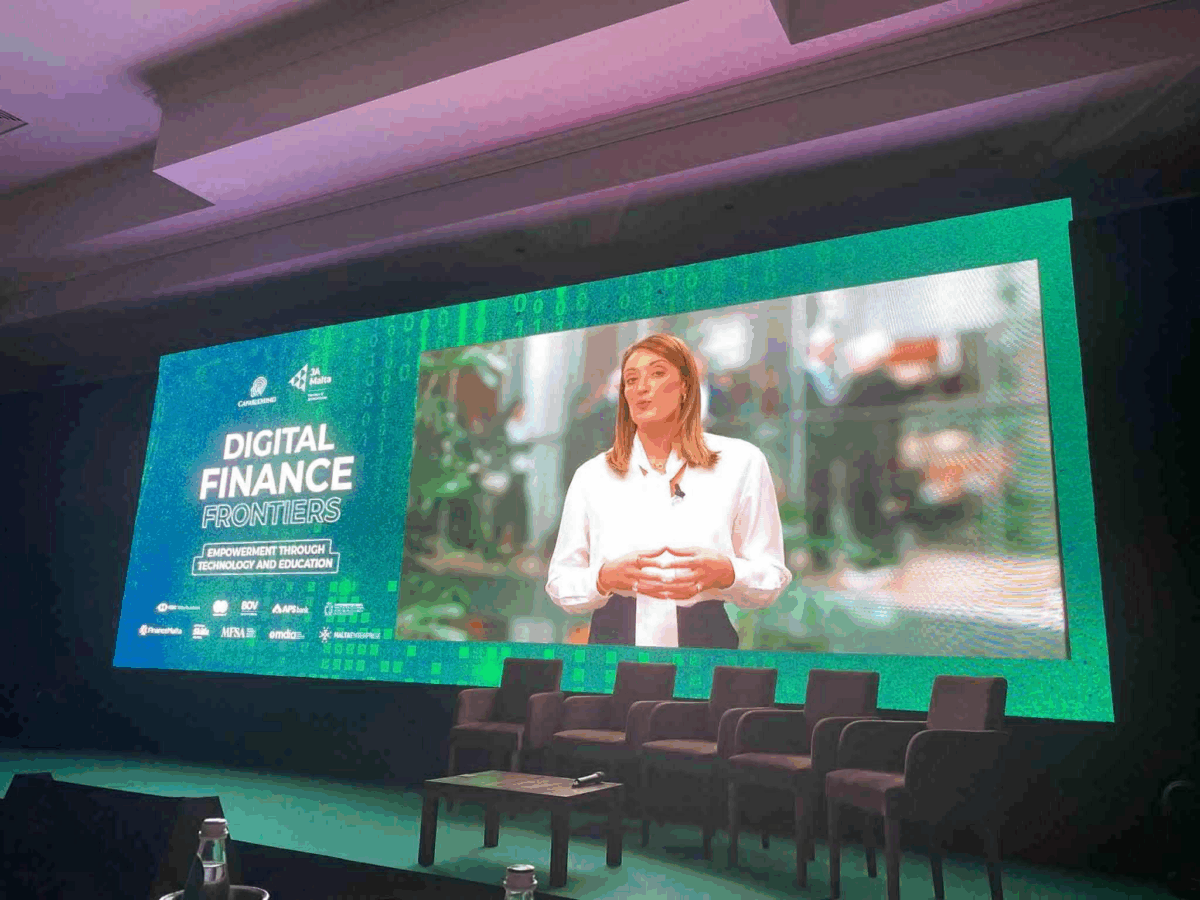
Dr Metsola also lamented the fact that “only around 20 per cent of EU citizens have a high level of financial literacy”, adding that “younger generations are vulnerable too.”
She cited the 2023 OECD financial literacy study, which ranked Malta below the EU average in digital financial confidence and knowledge among young people.
“That is why conferences like this are so important,” she said. “By bringing people together from across different sectors, we can share new ideas and create practical solutions to help close that gap.”
“The European Parliament has been extremely clear on this. Just last month we called for an EU-wide strategy to promote financial literacy to empower people,” she added.
While stressing the importance of government support, she added that this alone was not enough: “We also need the infrastructure to connect people to opportunities. Digital infrastructure is the bridge.”
Highlighting the €1.5 billion digital pillar of the Connecting Europe Facility, she said such initiatives were key to ensuring access to education, jobs, banking, and markets – “regardless of where people live.”
“It is what levels the playing field between cities and villages, between North and South, between SMEs and big corporations,” she continued. “It is initiatives like these that form the bedrock of an economy that works for everyone – an economy where people are not just getting by, but prospering.”
‘Financial literacy is as essential as maths and science’ – Fabienne Ruggier

Also addressing the conference, Fabienne Ruggier, Chair of JA Malta Foundation and Growth Strategy Partner, spoke about the evolving relationship between education, digitalisation, and financial awareness.
“I knew that financial literacy is cool – for me it is a basic subject, just like mathematics or science,” she said. “However, from that time on, digital tools and digitalisation have evolved much faster than our educational framework and teaching tools.”
Ms Ruggier urged participants to reflect on how to bring about change within schools, businesses, and communities. “What is money today is extremely different from what it was for individuals my age, in their mid-40s. Do our youth have the mindset and the competency to evaluate how to pay, when, and who to trust? These are attributes that are very difficult to impart through traditional education,” she said.
She noted that JA Malta was recognising schools and educators showing “progressive mindsets” and encouraged more institutions to experiment with new teaching methods.
“In my career, where I support businesses through change, what I have learned is that training and development are not enough. In order to enable and embrace change, you really have to start from the mindset first,” Ms Ruggier remarked.
“To nurture a different mindset – to be open to new practices and embrace new knowledge – we must change the way we teach, the way we raise our children, and the way we develop our employees,” she said, advocating for “coaching, mentoring, and hyper-personalisation of tools.”
She concluded by inviting collaboration: “I really do hope that today will inspire you to approach us so that we can do joint projects together – to expose many more youth and employees to new ways of learning and development that are hyper-personalised and that give this coaching, this nudging, this moving forward according to where one is on the developmental journey.”
‘Collaboration, behaviour, and impact’ – Petra Ellul Mercer

Meanwhile, Petra Ellul Mercer, Financial Capability Project Developer at JA Malta, captured the spirit of the event in three words: “collaboration, behaviour, and impact.”
“Collaboration, because it’s important that the private, public, and education sectors continue to work together,” she said. “Since we launched the Centre of Excellence, we’ve seen fantastic improvements – people, companies, and organisations working together towards a common goal.”
The second theme, behaviour, she explained, is about ensuring that the products and tools being developed take human needs into account. “If we start to design software and products with human behaviour in mind, we can make a real difference,” she said.
Finally, Ms Ellul Mercer spoke about the importance of impact, noting that governments are beginning to look beyond GDP to measure well-being. “It’s important that there is alignment between our financial skills and our digital skills,” she said. “Understanding how we manage our money is essential, but we must move along with the times and adapt digital skills to move forward.”
Closing her address, she thanked the attendees: “It’s great to see such a big audience – together, we can continue to make a difference.”
Featured Image:
Roberta Metsola / Facebook
Shireburn Software names Adrienne McCarthy as CEO, succeeding Yasmin de Giorgio
The new CEO holds qualifications in computer programming, HR and organisational psychology.
Glen Grima appointed CFO at HH Finance
He has over 20 years of experience in the financial sector, having held senior roles in both local and international ...
Words penned by Daphne Caruana Galizia that make you stop and think
While 16th October 2017 marked the tragic end of her life, her words continue to resonate today.
Bond issue ‘a natural progression for our scale,’ says James Caterers Chairman James Barbara
‘Appetite for quality food and catering solutions is growing globally, and we intend to be part of that growth.’


